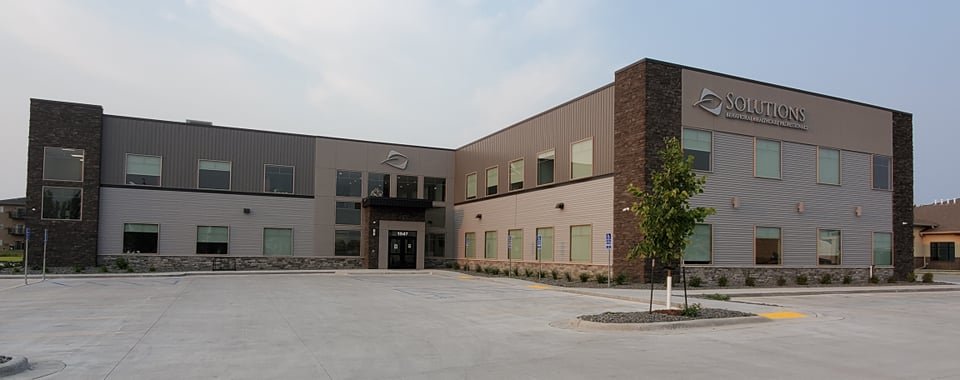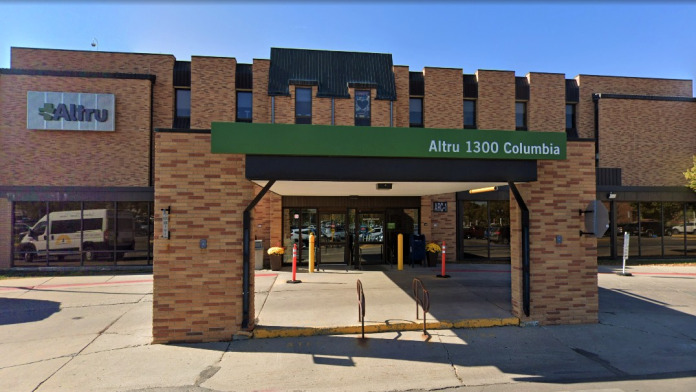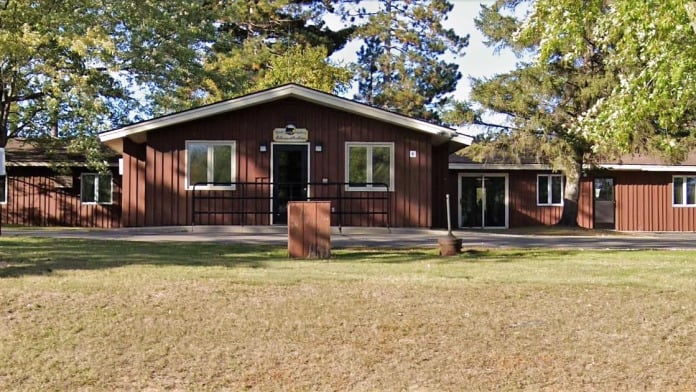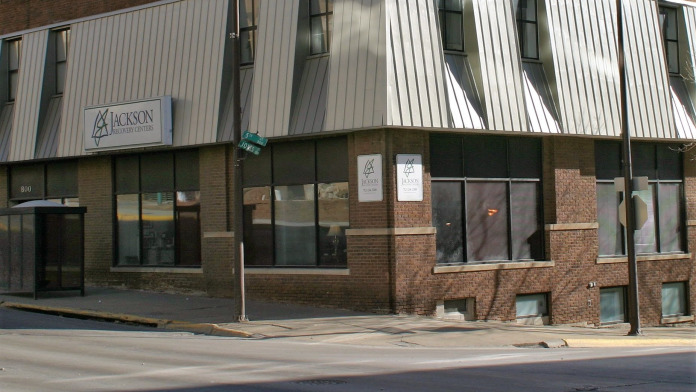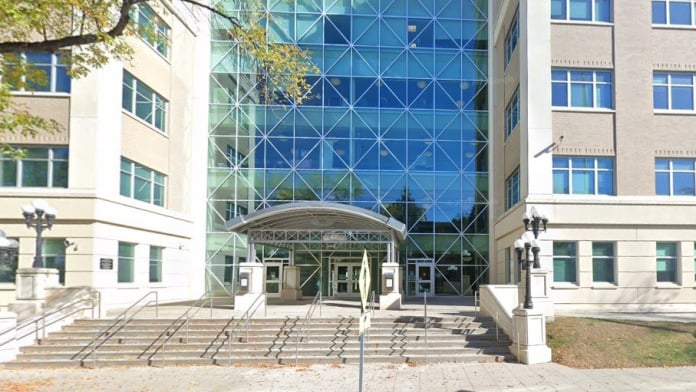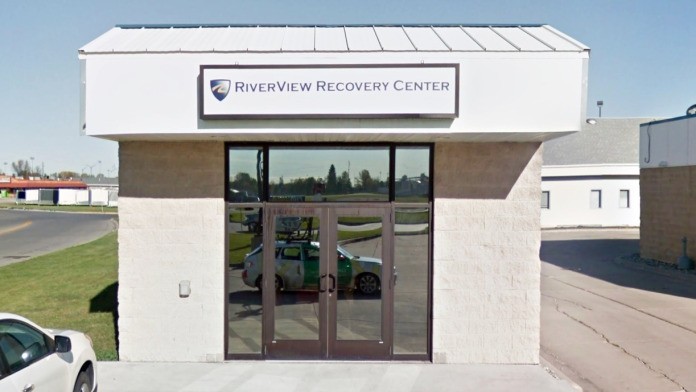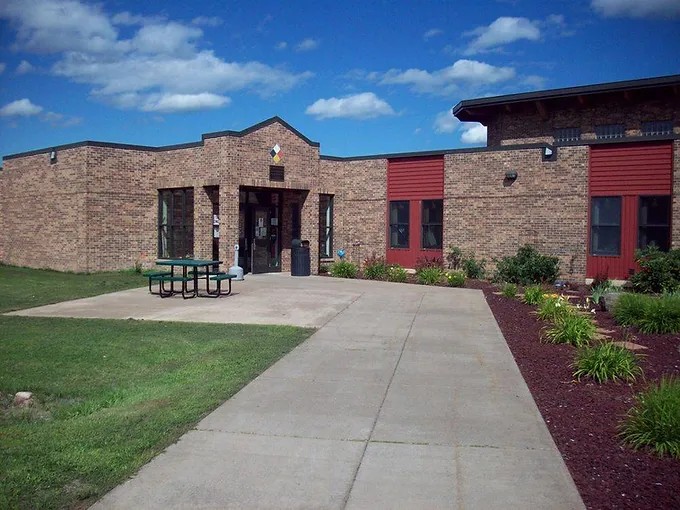About Sanford South University Medical Center
A number of factors including age, overall health and level of dependency will influence your treatment plan. Your treatment may involve learning coping skills and identifying social support networks. Addiction treatment is individualized for each patient. This will depend on how well you react to particular therapies, drugs and interventions.
Complex treatments may involve behavioral therapy, detoxification and individual and family counseling. This may include continuing medical care to address any physical side effects. They may offer medications that help curb cravings, alleviate withdrawal symptoms and restore brain function.
Their counselors are medical professionals who specialize in treating behavioral health issues. Helping with emotional, behavioral or interpersonal problems is the aim of therapy. Speaking with an expert who can provide insight, compassion and comprehension to significantly help you resolve problems that have been the root cause of your addiction.
Their psychiatrists have received the necessary training and education to comprehend how your physical health, genetics and family history affect your chemical dependency. They psychiatrists perform medical and psychiatric assessments, prescribe medications and treat illnesses as well as provide psychotherapy.
Facility Overview
Latest Reviews
Rehab Score
Gallery
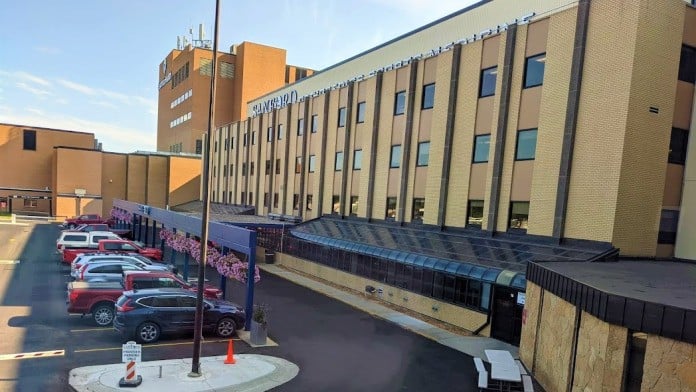
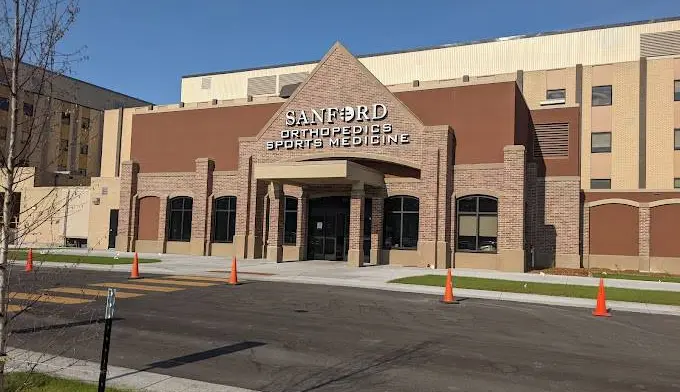


Accepted Insurance
Other Forms of Payment
Private insurance refers to any kind of healthcare coverage that isn't from the state or federal government. This includes individual and family plans offered by an employer or purchased from the Insurance Marketplace. Every plan will have different requirements and out of pocket costs so be sure to get the full details before you start treatment.
Self-pay involves paying for treatment out of your own pocket. You can use savings or credit, get a personal loan, or receive help from family and friends to fund your treatment. If you don't have insurance or your insurance plan doesn't cover a specific program, self-pay can help ensure you still get the care you need.
Financial aid can take many forms. Centers may have grants or scholarships available to clients who meet eligibility requirements. Programs that receive SAMHSA grants may have financial aid available for those who need treatment as well. Grants and scholarships can help you pai for treatment without having to repay.
Medicare is a federal program that provides health insurance for those 65 and older. It also serves people under 65 with chronic and disabling health challenges. To use Medicare for addiction treatment you need to find a program that accepts Medicare and is in network with your plan. Out of pocket costs and preauthorization requirements vary, so always check with your provider.
Medicaid is a state based program that helps lower-income individuals and families pay for healthcare. Medicaid covers addiction treatment so those enrolled can use their coverage to pay for rehab. When a program accepts Medicaid the client often pays very little or nothing out of their own pocket.
Military members, veterans, and eligible dependents have access to specific insurance programs that help them get the care they need. TRICARE and VA insurance can help you access low cost or no cost addiction and mental health treatment. Programs that accept military insurance often have targeted treatment focused on the unique challenges military members, veterans, and their families face.
Addiction Treatments
Levels of Care
Inpatient rehabs primarily serve clients who have just completed detox, those who are in crisis and at an elevated risk of relapse, and those who have a strong history of relapse. They provide a highly structured and supportive environment and intensive supervision. Residents engage in extensive addiction counseling. Many programs also offer recovery-focused life skills training to support clients' sustained sobriety. Holistic therapies, such as yoga and meditation, are available at many facilities.
Intervention services offer expert insights into the planning and execution of a drug intervention in North Dakota. Applying expert knowledge, an intervention specialist can develop an intervention plan that is tailored to the needs of the family. This customized, expert approach can help guide the individual to treatment without harming their self-esteem or putting barriers between family members.
In a partial hospitalization program (PHP), you'll experience intensive rehab with the ability to return home each day. PHP treatment is recommended for those with moderate to severe addictions that don't require 24/7 care. A partial hospitalization program serves as an alternative to inpatient hospitalization or as a step-down option. Throughout the week, you'll attend meetings for 4-8 hours each day, up to 3-5 days a week, for an average of 90 days. Medication management, evidence-based therapies, and relapse prevention are typical components of PHP treatment.
Outpatient rehabs offer clients the freedom to remain in their home and community while receiving treatment. Many facilities also provide transitional support for clients who are stepping down from intensive inpatient care. The primary treatment modalities for most outpatient programs include addiction counseling, recovery-focused life skills training, and medication assisted treatment (MAT) for alcohol and/or opioid dependency. Integrative facilities also provide holistic therapies, such as meditation, acupuncture, and massage.
Clients receiving treatment in an intensive outpatient program (IOP) often require higher-level support than those in standard outpatient (OP) programs. They are usually in early recovery or are experiencing crisis situations that increase their relapse risk. Intensive outpatient treatment generally involves nine to 20 hours of treatment weekly and may include a combination of addiction counseling, recovery education, medication assisted treatment (MAT), and holistic therapies, such as meditation, acupuncture, and massage.
Treatments
Many of those suffering from addiction also suffer from mental or emotional illnesses like schizophrenia, bipolar disorder, depression, or anxiety disorders. Rehab and other substance abuse facilities treating those with a dual diagnosis or co-occurring disorder administer psychiatric treatment to address the person's mental health issue in addition to drug and alcohol rehabilitation.
Mental health rehabs focus on helping individuals recover from mental illnesses like bipolar disorder, clinical depression, anxiety disorders, schizophrenia, and more. Mental health professionals at these facilities are trained to understand and treat mental health issues, both in individual and group settings.
An alcohol use disorder is a condition in which your ability to control how much you drink is impaired. People with alcoholism typically require some form of alcohol rehab in North Dakota to recover from alcohol addiction. Treatment may involve individual or group counseling, residential rehab, or an outpatient program. Support systems are key during and after treatment, so family involvement and mutual-support groups are crucial.
The goal of drug rehab in North Dakota is to help individuals overcome addiction. These programs provide treatment for both mind and body and teach participants how to live healthy, productive lives without drug abuse.
Programs
Adult rehab programs include therapies tailored to each client's specific needs, goals, and recovery progress. They are tailored to the specific challenges adult clients may face, including family and work pressures and commitments. From inpatient and residential treatment to various levels of outpatient services, there are many options available. Some facilities also help adults work through co-occurring conditions, like anxiety, that can accompany addiction.
Young adulthood can be an exciting, yet difficult, time of transition. Individuals in their late teens to mid-20s face unique stressors related to school, jobs, families, and social circles, which can lead to a rise in substance use. Rehab centers with dedicated young adult programs will include activities and amenities that cater to this age group, with an emphasis on specialized counseling, peer socialization, and ongoing aftercare.
Recovery is most successful when clients feel accepted and validated by their peers and treatment providers. Facilities that offer LGBTQ-inclusive programming are committed to creating a safe space where everyone can grow and recover without fear of judgment or discrimination. They will have dedicated policies in place to create a safe and supportive environment that fosters free expression.
Serving in the military is both mentally and physically challenging, and can result in trauma that persists even after combat ends. Military programs are tailored to the specific and often complex needs of active duty personnel, veterans, and military families. Clients often access these programs through the U.S. Department of Veterans Affairs (VA).
Teen programs are designed to address the unique pressures teens face, pressures that can drive them to experiment with dangerous, addictive substances. They need programs that meet them exactly where they are and give them tools for long-term recovery. Therapy can help teenagers understand and work through underlying issues so they can reclaim the life ahead of them.
Clinical Services
Cognitive Behavioral Therapy (CBT) is a therapy modality that focuses on the relationship between one's thoughts, feelings, and behaviors. It is used to establish and allow for healthy responses to thoughts and feelings (instead of unhealthy responses, like using drugs or alcohol). CBT has been proven effective for recovering addicts of all kinds, and is used to strengthen a patient's own self-awareness and ability to self-regulate. CBT allows individuals to monitor their own emotional state, become more adept at communicating with others, and manage stress without needing to engage in substance abuse.
Dialectical Behavior Therapy (DBT) is a modified form of Cognitive Behavioral Therapy (CBT), a treatment designed to help people understand and ultimately affect the relationship between their thoughts, feelings, and behaviors. DBT is often used for individuals who struggle with self-harm behaviors, such as self-mutilation (cutting) and suicidal thoughts, urges, or attempts. It has been proven clinically effective for those who struggle with out-of-control emotions and mental health illnesses like Borderline Personality Disorder.
Group therapy is any therapeutic work that happens in a group (not one-on-one). There are a number of different group therapy modalities, including support groups, experiential therapy, psycho-education, and more. Group therapy involves treatment as well as processing interaction between group members.
In individual therapy, a patient meets one-on-one with a trained psychologist or counselor. Therapy is a pivotal part of effective substance abuse treatment, as it often covers root causes of addiction, including challenges faced by the patient in their social, family, and work/school life.
Trauma therapy addresses traumatic incidents from a client's past that are likely affecting their present-day experience. Trauma is often one of the primary triggers and potential causes of addiction, and can stem from child sexual abuse, domestic violence, having a parent with a mental illness, losing one or both parents at a young age, teenage or adult sexual assault, or any number of other factors. The purpose of trauma therapy is to allow a patient to process trauma and move through and past it, with the help of trained and compassionate mental health professionals.
Research clearly demonstrates that recovery is far more successful and sustainable when loved ones like family members participate in rehab and substance abuse treatment. Genetic factors may be at play when it comes to drug and alcohol addiction, as well as mental health issues. Family dynamics often play a critical role in addiction triggers, and if properly educated, family members can be a strong source of support when it comes to rehabilitation.
Nutrition therapy, aka medical nutrition therapy (MNT), is a way of treating physical, emotional, and medical conditions through diet. Specific dietary plans are designed by professional nutritionists or registered dietitians, and patients follow them in order to positively affect their physical and mental health.
Amenities
-
Residential Setting
-
Private Rooms
-
Gym
-
Recreation Room
Staff & Accreditations
Staff

Bill Gassen
President & CEO

Nick Olson
Executive VP & CFO

Jennifer Grennan, JD
Executive VP & Chief Administrative Officer

Matt Hocks
Executive VP & COO

Erika Batcheller
Executive VP & Chief External Affairs Officer

Tommy Ibrahim
Executive VP, President and CEO of Sanford Health Plan

Corey Brown
Senior VP, Government Affairs

Jeremy Cauwels, MD
Chief Medical Officer
Accreditations

The Joint Commission, formerly known as JCAHO, is a nonprofit organization that accredits rehab organizations and programs. Founded in 1951, the Joint Commision's mission is to improve the quality of patient care and demonstrating the quality of patient care.
Joint Commission Accreditation: Yes

The Substance Abuse and Mental Health Services Administration (SAMHSA) is a branch of the U.S. Department of Health and Human Services. Established in 1992 by congress, SAMHSA's mission is to reduce the impact of substance abuse and mental illness on American's communities.
SAMHSA Listed: Yes

State Licenses are permits issued by government agencies that allow rehab organizations to conduct business legally within a certain geographical area. Typically, the kind of program a rehab facility offers, along with its physical location, determines which licenses are required to operate legally.
State License: North Dakota
Contact Information
1720 South University Drive
Fargo, ND 58103
